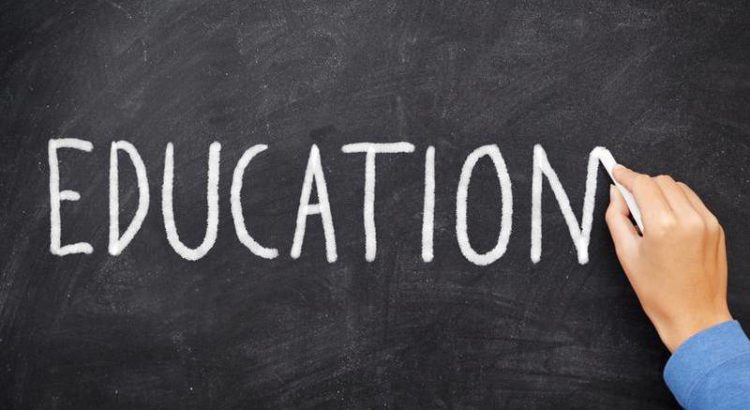By: Laurie French.
In some areas of the country, there is an increasing erosion of the fundamental rights of Canadians with regard to local democratic voice in public education. Governance of the education of children and youth in Canada has been entrusted to locally elected trustees across the country for decades. Protecting local voices to ensure local choices is the responsibility of citizens.
Local education governance requires regular focused attention by trustees close to the community. Education is a significantly funded portfolio, and the governance provided by locally elected school boards helps to ensure a transparent and accountable system.
Adding public education to the long list of responsibilities already held by MLAs or MPPs is untenable and is a loss of responsive local voice when questions or concerns at the grassroots arise. This can be seen in ill-informed decisions at the provincial level to make cuts to education and programming that will have drastic effects on students at the local level. Without an understanding of community needs, decisions made at a higher level can be devastating. No two communities are alike, and the needs of one education district can differ from those of another. School boards, accountable to their local constituents, ensure that decisions reflect the needs and priorities of their community.
While school advisory/planning councils play an important role in providing advice to local schools, it is essential to understand that councils are advisory and do not take the place of democratically elected school boards, nor are they accountable to their broader communities. Citizens are encouraged to connect with their local school board trustees to discuss the role they play and gain a better understanding of their work.
Any erosion of democratic representation in the governance of public education must be a concern to all Canadians, regardless of whether their first language is French or English, and whether or not they have school-aged children. The Canadian Charter of Rights and Freedoms guarantees the right of minority language parents to govern the education of their children. However, we should all be concerned when majority French and English parents are losing their right to have a local democratic voice in the education of their children.
In areas where school boards have been eliminated, communities, media, and education partners have felt the loss of transparency in public education. Democratically elected school boards and trustees have one portfolio on which to focus – public education. They meet and make decisions in open meetings, ensuring the public and media have access to debate and insight into how taxpayer money is allocated. This influence is at risk where locally elected school boards are eliminated or when their authority is reduced.
It is incredibly concerning that Canadians are increasingly placed in situations where we must fight to maintain the vital right to be democratically involved in public education. Centralization of control is, by definition, an erosion of local voice and greatly affects the education of children and youth.
In provinces where governing school boards, their provincial associations, and the provincial ministry enjoy a positive, productive co-governance relationship, great things are happening. This is not about power and control – this is about being responsive and responsible to communities and citizens to ensure the success of future generations of students.
We therefore call upon all Canadians to contact their MPP or MLA to express support for locally elected trustees and school boards. At the end of the day, supporting elected school boards is support for public education and the future. As Canadians, we have a right to local voices, local choices.
Fuente del artículo: https://www.thechronicleherald.ca/opinion/opinion-public-education-governance-should-rest-with-the-public-274812/







 Users Today : 15
Users Today : 15 Total Users : 35404638
Total Users : 35404638 Views Today : 17
Views Today : 17 Total views : 3334227
Total views : 3334227